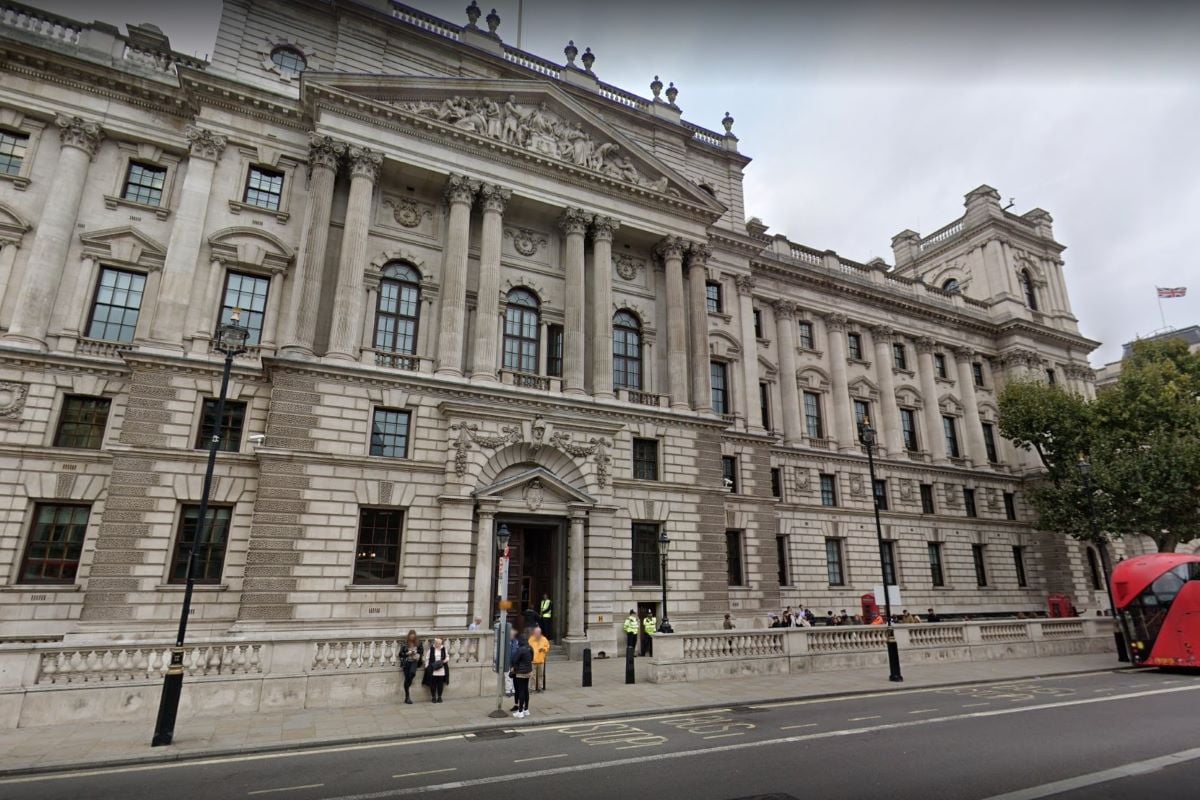
Arts Council England met with the Department for Culture, Media and Sport in December
Controversial ACE guidance ‘linked to Israel-Gaza conflict’
Arts Council England confirms that it discussed controversial changes to its Relationship Framework with the Department for Culture, Media and Sport prior to its publication but inists had no input into the revisions.
Guidance published by Arts Council England warning cultural organisations to be wary of "overtly political or activist" statements was drawn up in relation to the ongoing conflict in the Middle East, performers' union Equity has claimed.
A Freedom of Information (FOI) request submitted by the union found that the ACE guidance was discussed in a meeting between ACE and the Department for Culture Media & Sport on 12 December 2023, during an agenda item on ‘Reputational risk relating to Israel-Gaza conflict’.
The guidance was updated in January but was revised in February following a widespread backlash over concerns that it could curtail freedom of expression.
READ MORE:
Equity said it had previously met with ACE to discuss the guidance, adding that the public funding body denied that it related to the conflict in Gaza.
The union said the fact that the guidance was drawn up in relation to the Israel-Gaza conflict was "deeply troubling for artistic freedom and expression", adding that the situation also raises questions about ACE decisions being subject to political pressure from the Westminster government.
Speaking to Arts Professional in March, Culture Secretary Lucy Frazer declined to say whether she felt that publicly funded arts organisations should be able to air contentious views, for example, by voicing support for Palestine.
"When organisations that deal with public money are looking at how to spend that money, they obviously need to ensure that they exercise the appropriate amount of discipline in relation to that," she said.
"These decisions that Arts Council England make in relation to their guidance is a matter for them."
'Censorship of artists'
Paul W Fleming, General Secretary of Equity, said: “We have been clear to the Arts Council that their slide into politicisation is leading to censorship of artists.
"The double standards over the conflict in Gaza is just one manifestation – whether it be Nadine Dorries gutting culture for working class Londoners by dictat, or requirements to thank the government for money from the Covid-era Cultural Recovery Fund – public funding of the arts in this country has lost its way.
"It is embarrassing for the Arts Council that they have said to the union directly that the guidance had nothing to do with the conflict – our FOI shows this to be inaccurate.
"We have to see a commitment to reform of the Arts Council to restore its independence, its funding – and change its senior personnel.”
An ACE spokesperson said the original January update to its Relationship Framework guidance followed conversations with organisations it invests in, adding that many of them were looking for support in managing complex situations.
"We updated DCMS, our sponsor department in government, that we were already in the process of drafting this additional guidance in one of our regular meetings. This is standard practice, and DCMS offered no input.
“For the avoidance of doubt, our guidance does not seek to stop any artist or organisation from making the art they want to make, or speaking out in any way they wish – including in ways that challenge institutions and authorities.”
A DCMS spokesperson said: “Arts Council England is an arm’s-length body, and decisions on their relationship framework are for them to take independently of the government.
“The department meets regularly with all our arm’s-length bodies, including Arts Council England, to discuss a wide range of issues, including management of risks.”
Join the Discussion
You must be logged in to post a comment.